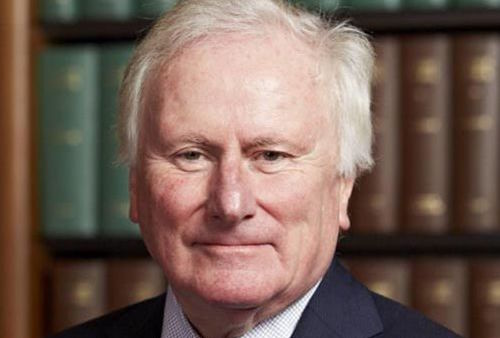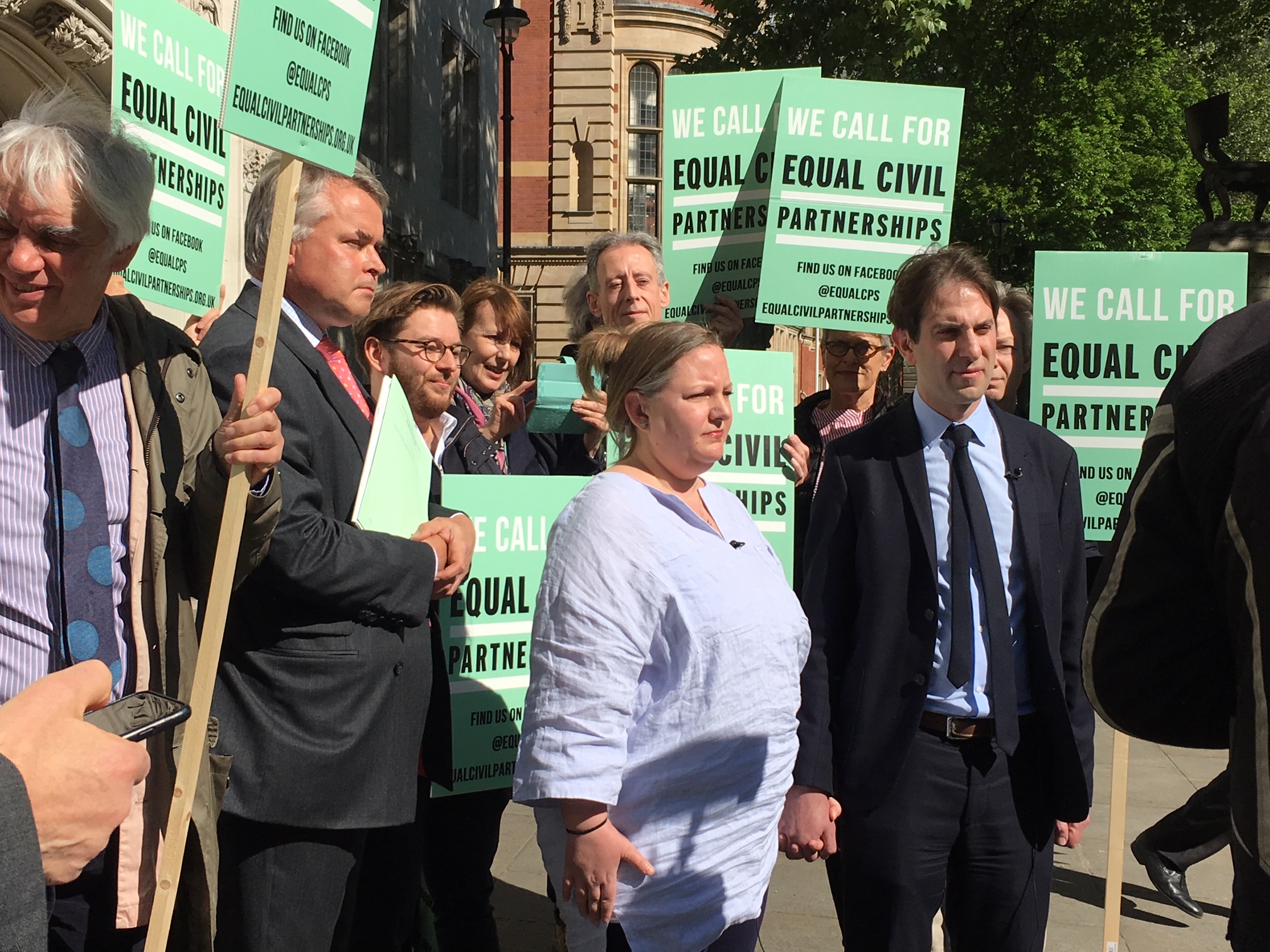The Supreme Court has ruled that heterosexual couples should also be able to have civil partnerships, after a long campaign by a couple who did not want to get married.
In a unanimous decision, Lord Kerr said that when parliament introduced same-sex marriage in 2014, they “consciously decided” not to abolish same-sex civil partnerships or extend them to different-sex couples.
He added that this was despite it being “recognised at the time” to be unequal, meaning people would be treated differently depending on the gender of their partner.
“It was decided that further investigation was required, and the government concluded that it should not take a final decision on the future of civil partnerships until societal attitudes to them became clearer after same-sex marriages had taken root.
“Government consultations since have failed to produce a consensus as to how, or if, the legal position relating to civil partnerships should change.”
How Did We Get Here?

It has been a lengthy legal battle for campaigners Rebecca Steinfeld and Charles Keidan, who brought the case to the Supreme Court and previously called on the government to “take responsibility” for the issue.
The couple argued that their inability, as an opposite-sex couple, to enter into a civil partnership was a breach of their Article 8 rights to family and private life under the Human Rights Convention. They say they don’t want to marry as it carries “patriarchal baggage” – and feel that a civil partnership better reflects their relationship and equal status.
We promised that we would keep going for the 3.3 million couples who want legal recognition.
Rebecca Steinfeld
This successful appeal comes from a 2016 High Court decision to reject this argument – the government argued that as traditional marriage was available to them, it had “fulfilled its obligations” in providing “formal recognition” of their relationship.
Rebecca Steinfeld told reporters outside the Supreme Court last month: “We promised that we would keep on going for the 3.3 million couples who want legal recognition and financial protections but cannot have it because they are not married and because the choice of a civil partnership is not open to them.
“Their reasons for not wanting to marry vary, from bad personal experiences, to conscience, to cost. But that doesn’t matter. Their children, like our children, deserve the same rights as the children of married and same-sex civilly-partnered couples.”
She also criticised government inaction since they began campaigning, accusing ministers of “trying to kick this issue into the long grass”.
What Did The Government Do?

Lord Kerr. Image Credit: Wikimedia
In his judgment, Lord Kerr also commented on the government’s role in the issue, saying they “had to eliminate the inequality of treatment immediately when the MSSCA (Marriage (Same sex couples) Act 2013) came into force.
Taking time to evaluate whether to abolish or extend could never, however, amount to a legitimate aim for the continuance of the discrimination.
Lord Kerr
“This could have been done either by abolishing civil partnerships or by instantaneously extending them to different-sex couples. If the government had chosen one of these options, it might have been theoretically possible to then conduct research which could have influenced its longer-term decision as to what to do with civil partnerships.
“Taking time to evaluate whether to abolish or extend could never, however, amount to a legitimate aim for the continuance of the discrimination as it is not connected to the justification for discrimination.”







